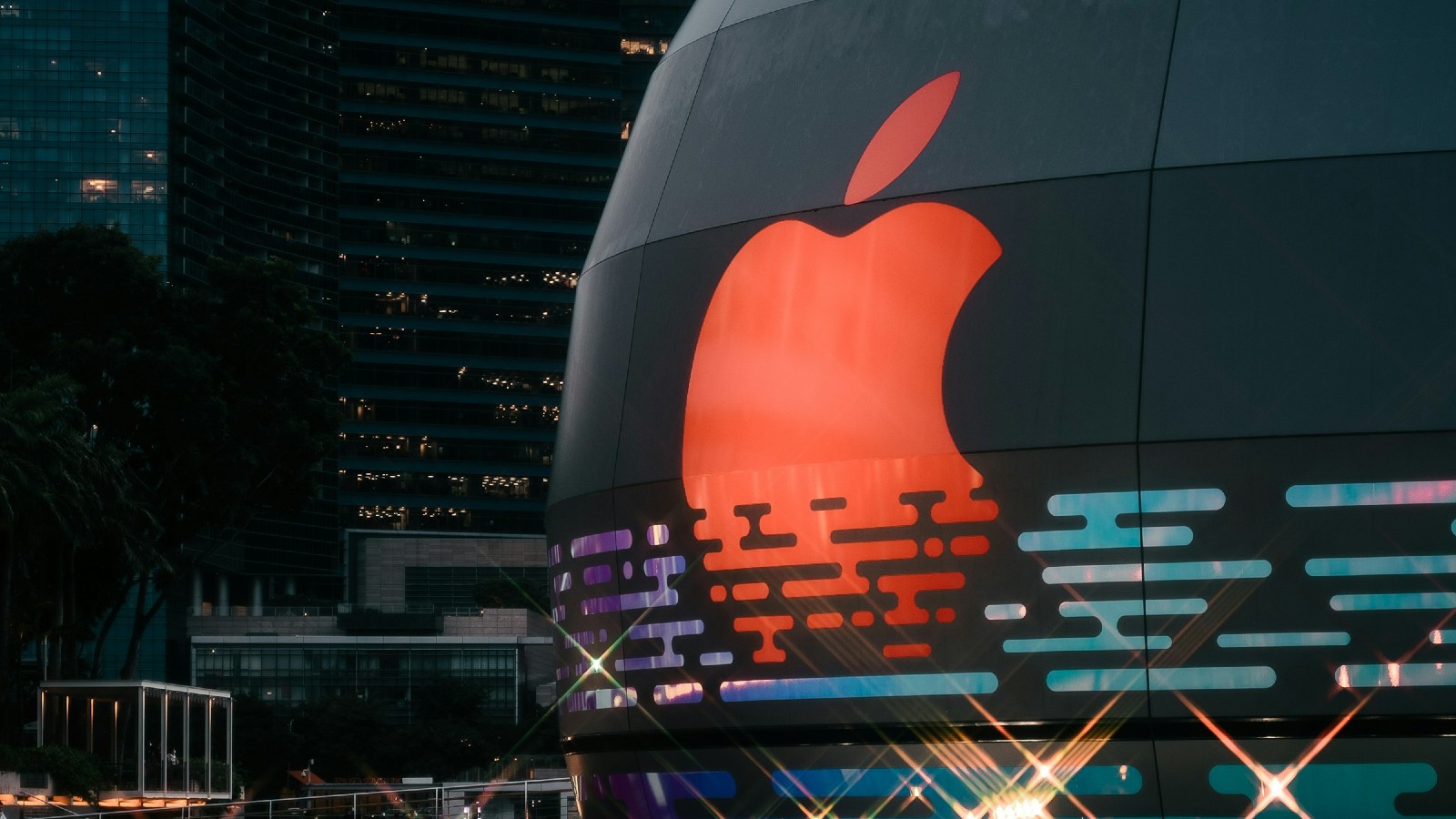Apple is adjusting its iOS policies to comply with the European Union’s (EU) antitrust regulations, signaling a shift in its traditionally closed ecosystem. As part of these changes, Apple is allowing alternate browser engines on iOS for the first time, and Epic Games has announced the return of Fortnite to the platform, specifically in Europe.
Epic Games plans to launch the Epic Games Store on iOS devices and bring Fortnite back later this year, but exclusively in Europe. The popular game had been unavailable on iOS since 2020 due to a ban resulting from violations of App Store policies related to in-app purchases.
This move reflects a significant departure from Apple’s longstanding practice of maintaining a closed ecosystem. Although Epic Games CEO Tim Sweeney criticized Apple’s new rules for third-party app stores, he acknowledged that his company would leverage the opportunity they presented.

The regulatory changes are driven by the EU’s Digital Markets Act (DMA), designed to curb anti-competitive behavior by major tech companies like Apple. One key aspect of the regulations mandates that users have the ability to uninstall pre-installed apps, including Safari.
In addition to this alteration, the upcoming iOS 17.4 update, scheduled for next month, will permit the use of alternate browser engines beyond Apple’s WebKit. Traditionally, browsers such as Google Chrome, Mozilla Firefox, and Microsoft Edge were constrained to run on WebKit due to Apple’s restrictions. With the new update, developers can apply to use alternate engines like Chromium and Gecko, offering full functionality and extension support for third-party browsers in Europe.
These developments signify a noteworthy breach in the walls of Apple’s closed ecosystem, although they fall short of completely opening up iOS. The changes represent Apple’s efforts to adapt to the EU’s antitrust regulations, allowing users more choice over their devices and fostering a fairer competitive landscape between Apple and smaller developers.
Tim Sweeney of Epic Games expressed reservations about Apple’s compliance with the DMA, particularly highlighting the continued restrictions such as the commission on in-app purchases. Despite these concerns, the return of Fortnite to iOS and the availability of alternate browsers mark milestones in increasing competition within the iOS platform.
The question remains whether Apple will extend these allowances globally in response to regulatory pressures in other regions. As of now, European iOS users are set to enjoy options that were previously restricted by Apple’s tight control over its ecosystem.


